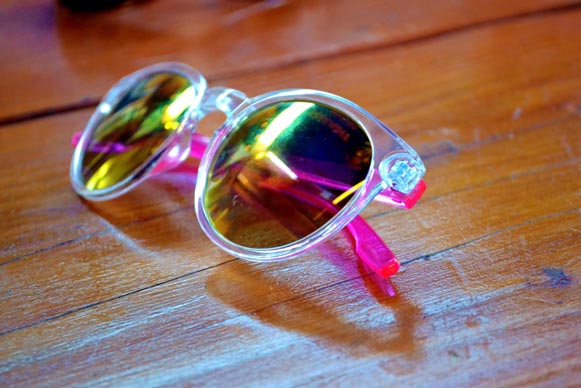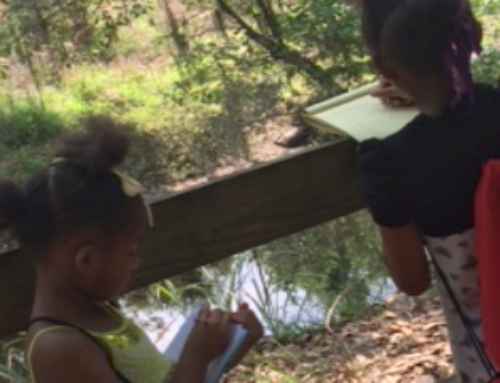Oh my goodness we are weeks away from summer vacation! I feel like I was just writing a blog post about the first day of school and now look here comes summer. I thought I would start writing about summer now because in my opinion-the key to a great summer is planning. Not “let’s plan every minute of every day” planning but “let’s get a general plan” planning. How many summer or Christmas breaks have you had every intention of doing grand things:
I’m going to reorganize my life.
I’m going to get Johnny or Susie ready for Kindergarten or third grade or high school.
I’m going to reinforce the skills my son/daughter has learned in school so that he/she does not regress.
I am going to clean out all of my closets and redecorate my bedroom.
I want Johnny to read more this summer.
If you are like myself, you have said one of these things a month or two before an extended break. But what ends up happening is that you may do a few things in the right direction such as spend an hour or two doing the things you said you would in the first week-but after that you go back to your regular routine-because you really never laid out exactly how you were going to get there.
Why not have a different summer this year? Try following these few steps:
- Write down some goals you have for the summer. For example : if your daughter was having difficulty with reading comprehension during the school year, try making the goal to have Susie answer grade level questions independently by the end of the summer. If you want Johnny to work on his /s/ sound, then the goal should be to produce /s/ in phrases and sentences by the end of the summer. If your goal is to get organized by the end of the summer-then write down all of the things you call “being organized” (clean out closets, find a new dresser for the kids’ room, but storage bins for under the bed, etc)
- Make a list of some of the things you will need and get them. If you would like to work on reading comprehension-ask your child’s teacher for a packet, websites, or the name of an actual workbook. If you need resources from your child’s teacher-be sure to ask prior to the last week of school-the sooner the better. They want to start their vacation too.
- Take an honest look at your schedule and find regular time to work on your goal. I love summer camps-but if your child is in summer camp from 7a to 6p-he/she won’t want to do anything but sleep after that-so perhaps finding consistent time on the weekend may be an option. If you are laying low this summer-I find that the mornings are a good time to address any academic goals. Try working 45 minutes to an hour after breakfast and then go for that swim or skateboarding.
- Take a break-I would highly recommend giving yourself and child a couple of days to a week to relax right after school ends. In our district, school ends in the middle of the week. Giving your child the remainder of the week to “chill” is well deserved.
- Check in with yourself about the progress of your goals. About a month into summer-set a reminder on your phone to check in and see how much progress you are making on your goals. You may need to check your schedule or re-evaluate your goals. If you met the goals you set-try making new ones.
*Steps 1 and 2 don’t have to be a big thing. I often use the notes app on my phone to write down my goals or make a shopping list and then just e-mail them to myself. This way I can jot down goal when I am waiting in line at school, in the bank or in car line.
In the next two weeks I encourage you to develop some goals for your summer-so at the end of ityou will feel as if you got everything from the summer break that you wanted-you will be glad that you did.
Oh my goodness we are weeks away from summer vacation! I feel like I was just writing a blog post about the first day of school and now look here comes summer. I thought I would start writing about summer now because in my opinion-the key to a great summer is planning. Not “let’s plan every minute of every day” planning but “let’s get a general plan” planning. How many summer or Christmas breaks have you had every intention of doing grand things:
I’m going to reorganize my life.
I’m going to get Johnny or Susie ready for Kindergarten or third grade or high school.
I’m going to reinforce the skills my son/daughter has learned in school so that he/she does not regress.
I am going to clean out all of my closets and redecorate my bedroom.
I want Johnny to read more this summer.
If you are like myself, you have said one of these things a month or two before an extended break. But what ends up happening is that you may do a few things in the right direction such as spend an hour or two doing the things you said you would in the first week-but after that you go back to your regular routine-because you really never laid out exactly how you were going to get there.
Why not have a different summer this year? Try following these few steps:
- Write down some goals you have for the summer. For example : if your daughter was having difficulty with reading comprehension during the school year, try making the goal to have Susie answer grade level questions independently by the end of the summer. If you want Johnny to work on his /s/ sound, then the goal should be to produce /s/ in phrases and sentences by the end of the summer. If your goal is to get organized by the end of the summer-then write down all of the things you call “being organized” (clean out closets, find a new dresser for the kids’ room, but storage bins for under the bed, etc)
- Make a list of some of the things you will need and get them. If you would like to work on reading comprehension-ask your child’s teacher for a packet, websites, or the name of an actual workbook. If you need resources from your child’s teacher-be sure to ask prior to the last week of school-the sooner the better. They want to start their vacation too.
- Take an honest look at your schedule and find regular time to work on your goal. I love summer camps-but if your child is in summer camp from 7a to 6p-he/she won’t want to do anything but sleep after that-so perhaps finding consistent time on the weekend may be an option. If you are laying low this summer-I find that the mornings are a good time to address any academic goals. Try working 45 minutes to an hour after breakfast and then go for that swim or skateboarding.
- Take a break-I would highly recommend giving yourself and child a couple of days to a week to relax right after school ends. In our district, school ends in the middle of the week. Giving your child the remainder of the week to “chill” is well deserved.
- Check in with yourself about the progress of your goals. About a month into summer-set a reminder on your phone to check in and see how much progress you are making on your goals. You may need to check your schedule or re-evaluate your goals. If you met the goals you set-try making new ones.
*Steps 1 and 2 don’t have to be a big thing. I often use the notes app on my phone to write down my goals or make a shopping list and then just e-mail them to myself. This way I can jot down goal when I am waiting in line at school, in the bank or in car line.
In the next two weeks I encourage you to develop some goals for your summer-so at the end of it you will feel as if you got everything from the summer break that you wanted-you will be glad that you did.[/fusion_text][/fusion_builder_column][/fusion_builder_row][/fusion_builder_container]















Leave A Comment
You must be logged in to post a comment.